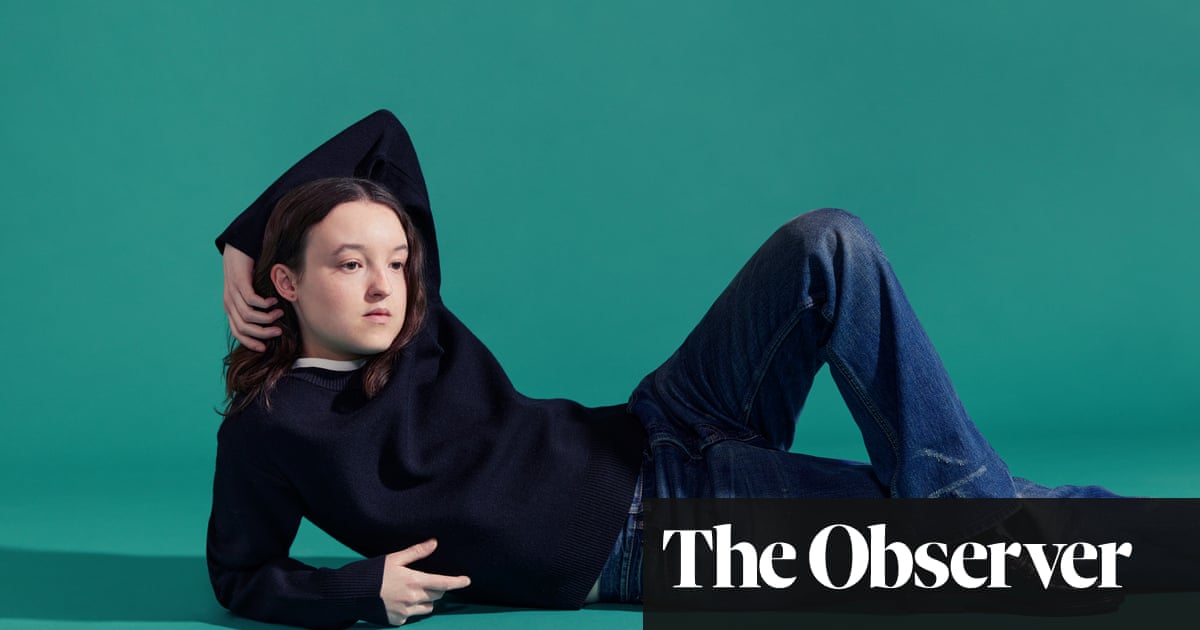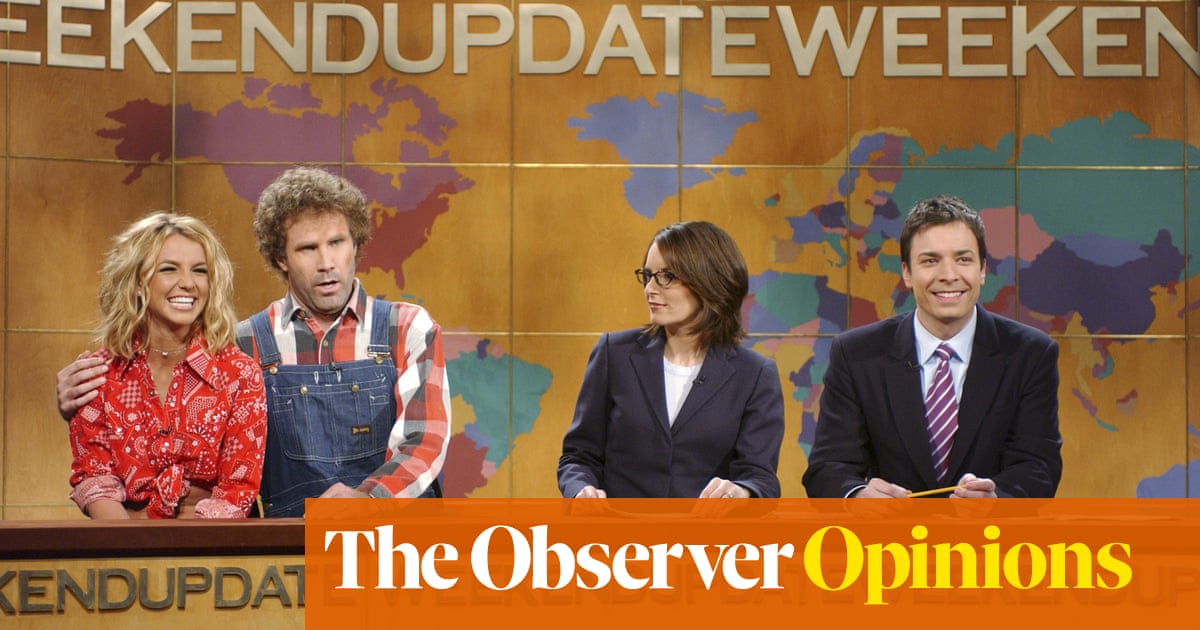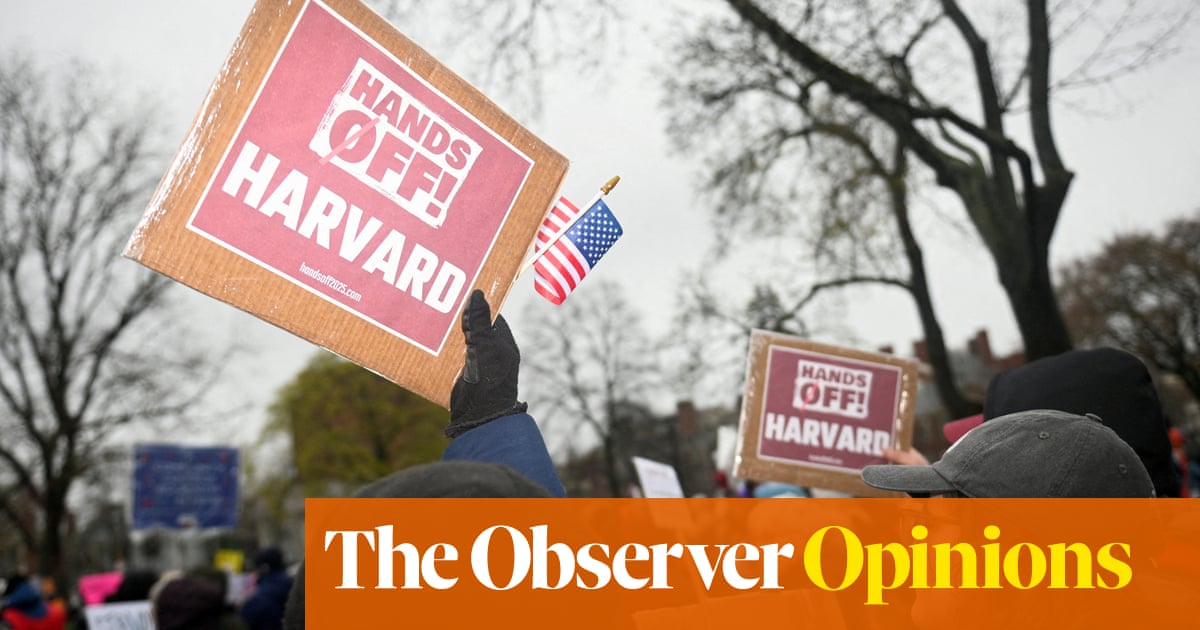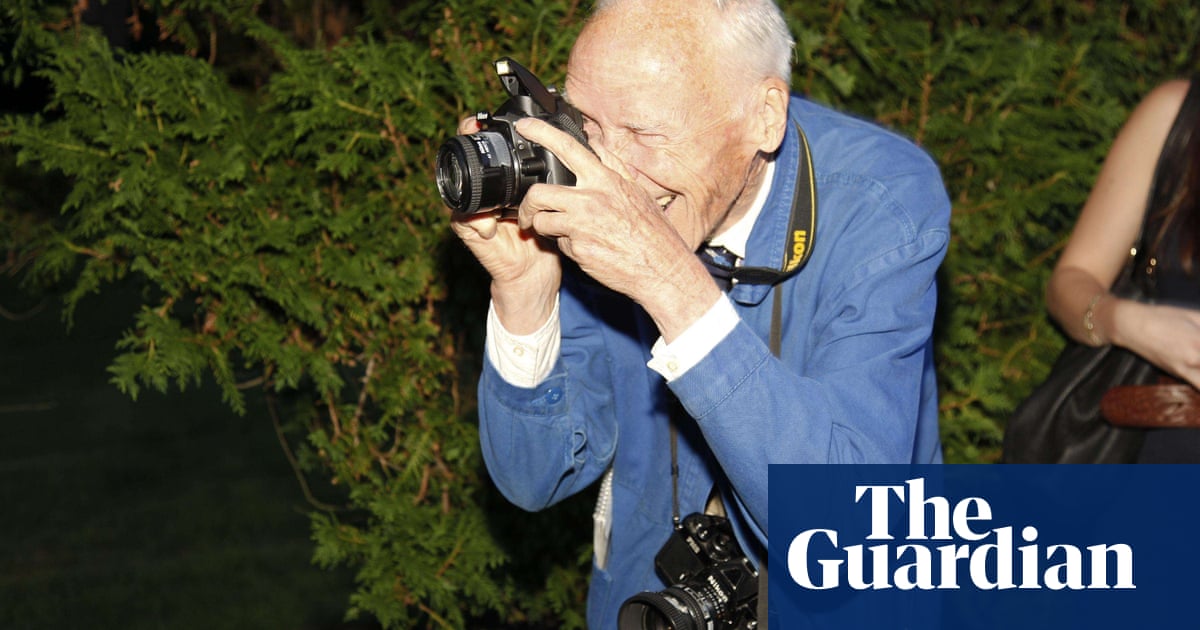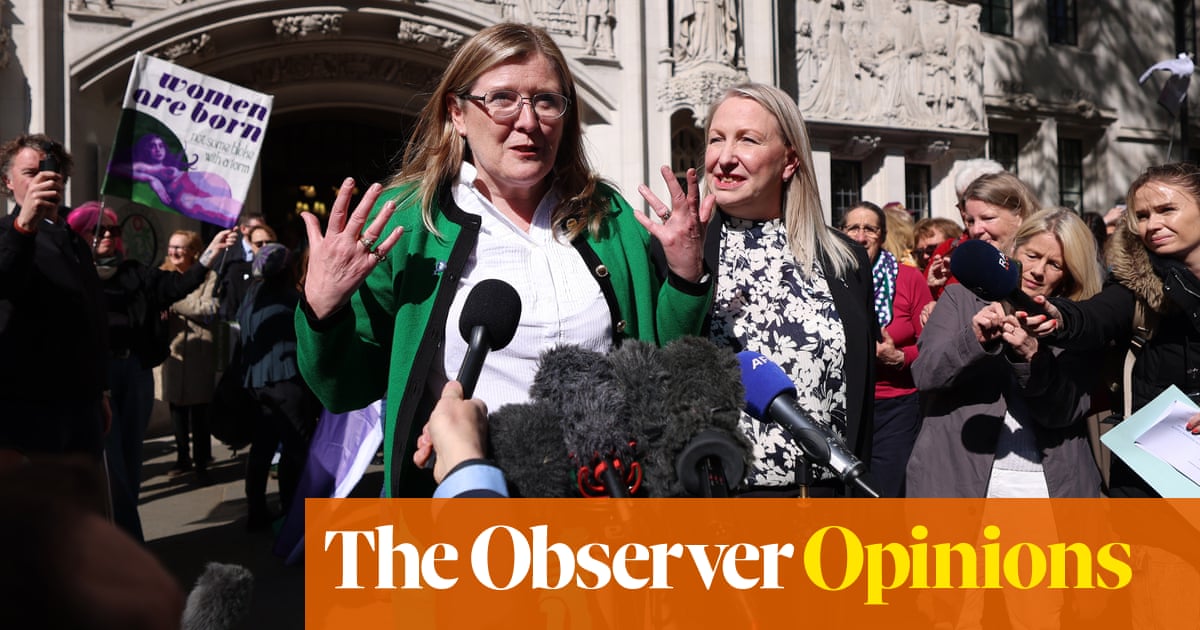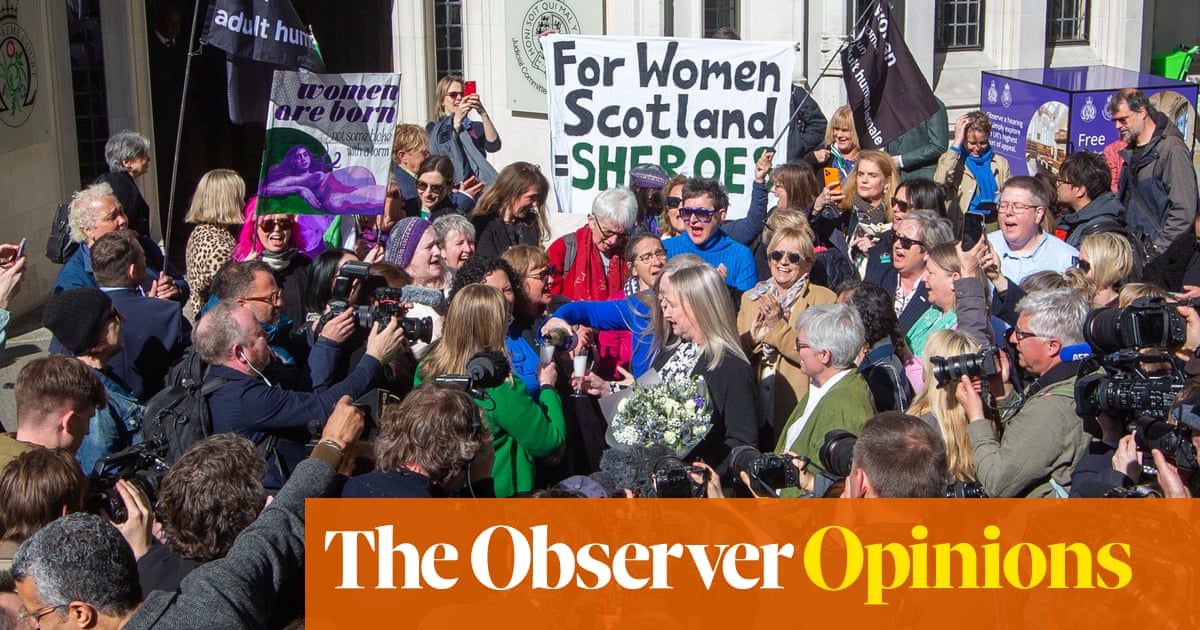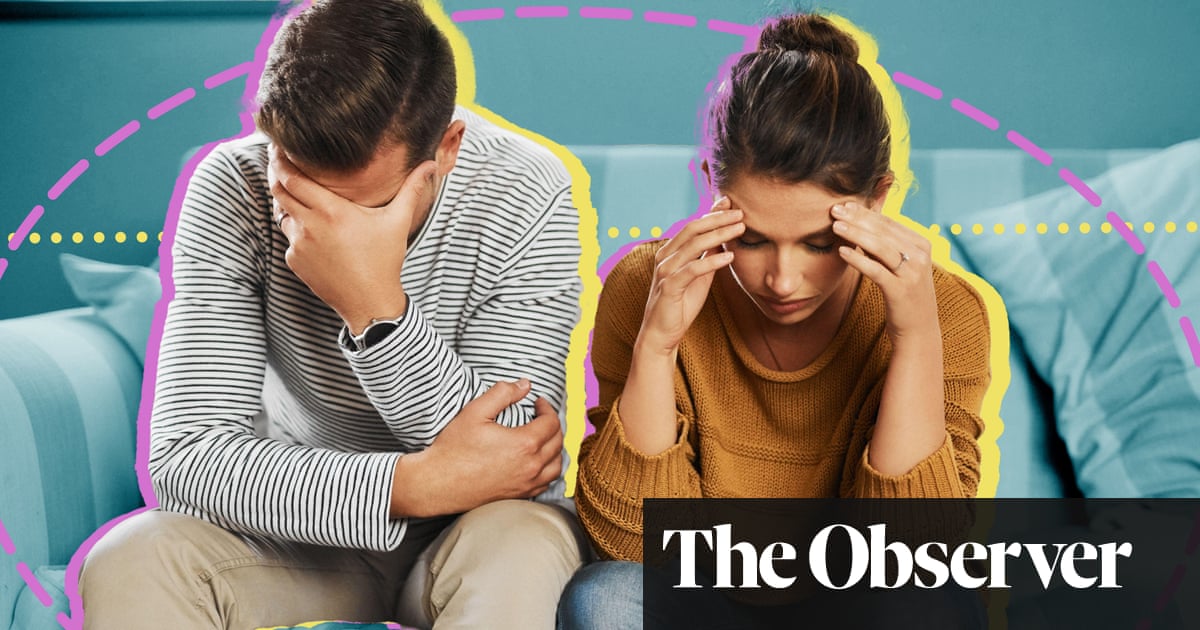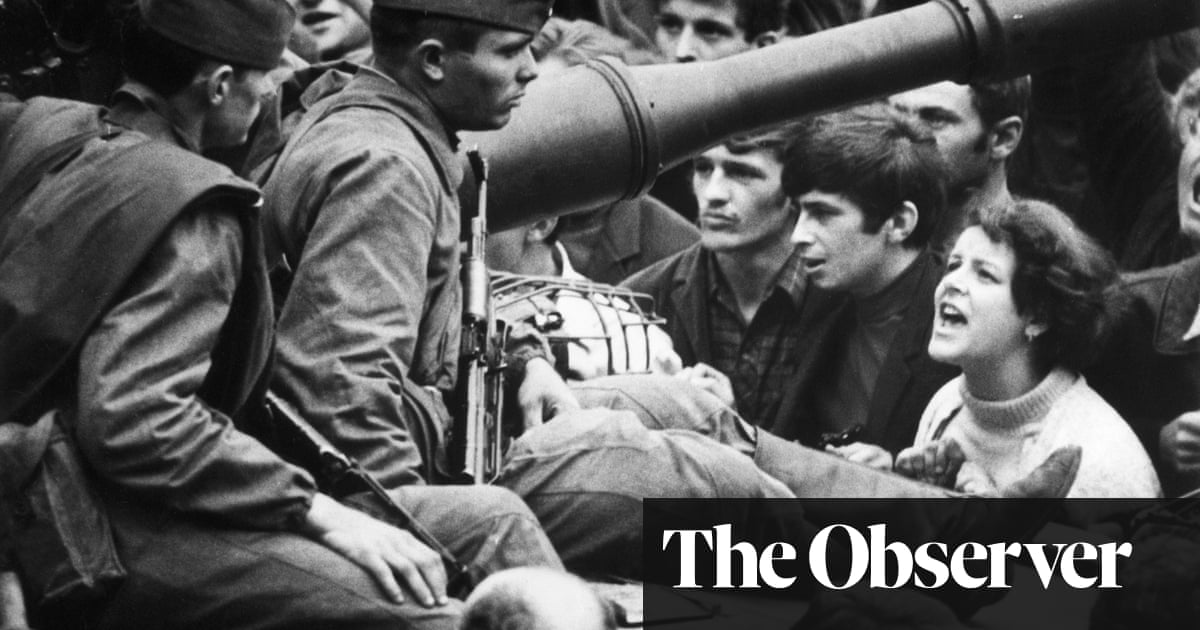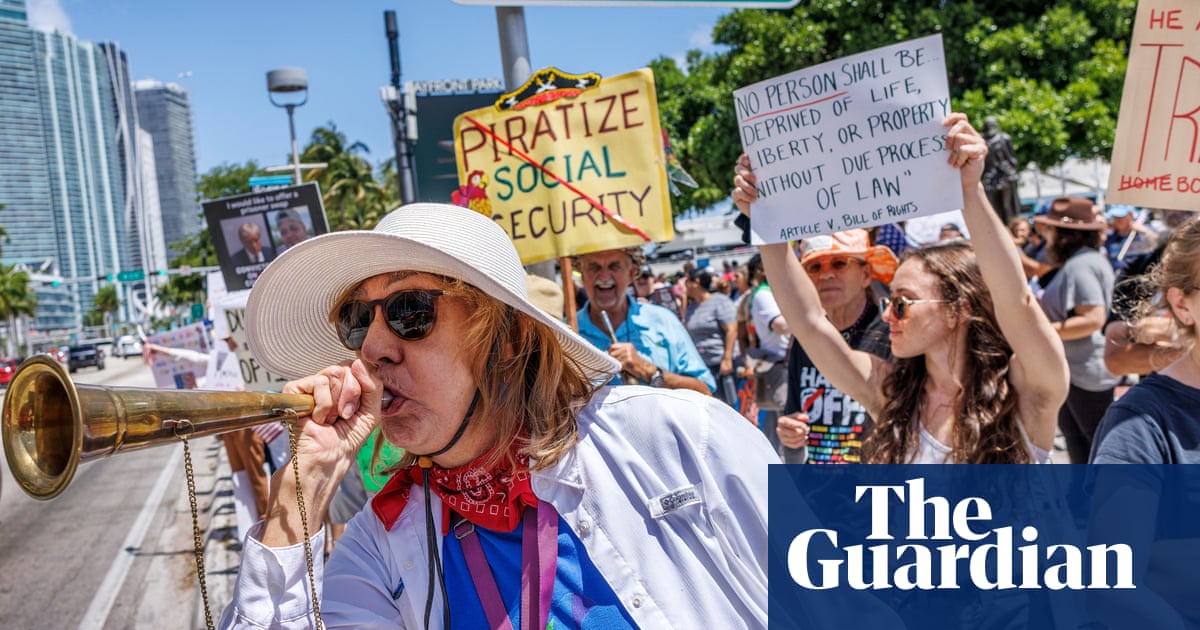Donald Trump is scheduled to be sentenced in his New York hush-money case on Friday, marking both a dramatic and anticlimactic development in historic criminal proceedings weeks before he assumes the presidency.
Trump, whose presidential inauguration is scheduled for 20 January, is the first US president – former or sitting – to face a criminal trial, let alone a guilty verdict and subsequent sentencing. But the judge presiding over Trump’s case, Juan Merchan, has strongly implied that Trump will not face any meaningful consequences for committing 34 felony counts in an effort to tilt the 2016 election in his favor.
Merchan has said that the most viable sentence seems to be “unconditional discharge”, which in New York means that the conviction holds, but a defendant will be released “without imprisonment, fine or probation supervision”. While this sentence would make Trump a convicted felon, he would have no penalty other than this legal designation.
Trump was found guilty on 30 May of falsifying business records with the intent to commit a second crime.
The office of Manhattan district attorney, Alvin Bragg, argued that Trump falsely recorded reimbursements he made to his former lawyer Michael Cohen for paying $130,000 to adult film star Stormy Daniels, so she would keep quiet about an alleged sexual liaison with the then candidate. Trump marked these repayments to Cohen as “legal expenses” on financial documents.
State prosecutors contended at trial that these falsifications were intended to hide Trump’s violation of New York election law, which forbids promoting any person to office through unlawful means. They said that the unlawful means were the payoff to Daniels, as they cast it as an illegal campaign contribution.
They argued that the payment was a hedge for Trump’s chances amid other allegations of boorishness, as a spate of damaging reporting about his treatment of women had already emerged weeks before election day. This payout exceeded the legal $2,700 individual campaign contribution limit.
Prosecution witnesses provided testimony of Trump’s plot with the tabloid impresario David Pecker and then consigliere Cohen to catch and kill accounts of his alleged affairs with Daniels and the Playboy model Karen McDougal. They said that Trump’s concern over Daniels’ account increased after the October 2016 release of a shocking Access Hollywood hot mic recording, where he boasted about sexual assault.
On the tape, Trump bragged that he cold grab women “by the pussy” without their consent because he was a star. Bragg’s witnesses told jurors that Trump thought his efforts to downplay this tape as mere “locker-room talk” would implode should more misdeeds – such as a sexual encounter with a porn star – surface.
Cohen testified that controlling news about Trump was one of his top duties, such as negative stories that could thwart his 2016 presidential run. When it emerged that Daniels was trying to sell a story about her alleged 2006 liaison with Trump, Cohen testified that he sprang into action.
Cohen, who said that he and Daniels’ former attorney successfully worked in 2011 to bury this same story, said Trump was furious that this account might still see the light of day. “Just take care of it, there’s a lot going on,” Cohen recalled Trump saying, and claimed he also remarked, “This was a disaster, a fucking disaster … women will hate me.”
Trump told Cohen, “push it out as long as you can, past the election, because if I win, I’ll be president, and if I lose, I won’t really care”. Cohen’s testimony also dealt a blow to the defense contention that Trump wanted to hide Daniels’ claim to protect his wife and family.
“He wasn’t thinking about Melania,” Cohen testified. “This was all about the campaign.”
As Trump’s trial progressed, he repeatedly railed against the proceedings, casting himself as the victim of a politicized witch-hunt. Trump’s invectives repeatedly violated Merchan’s gag order that barred him from speaking about witnesses and jurors.
While Trump was fined and held in contempt for these violations, Merchan’s failure to impose meaningful punishment, such as jail, foreshadowed the many post-trial developments that fell in his favor.
Trump was originally scheduled to be sentenced on 11 July. Then came the 1 July US supreme court ruling that imbued presidents with broad immunity from criminal prosecution for official acts.
Merchan agreed to postpone sentencing until 18 September so he could weigh whether this decision affected the guilty verdict. The jurist subsequently pushed back sentencing until 26 November “to avoid any appearance – however unwarranted – that the proceeding has been affected by or seeks to affect the approaching presidential election in which the Defendant is a candidate”. He also postponed issuing his immunity decision.
Trump’s appeal-and-delay legal strategy worked. Following Trump’s win, his team intensified their attempt to thwart the case on presidential immunity grounds, saying this protection applied to the president-elect and that sentencing would impede the smooth transition of power.
Merchan on 3 January ultimately decided not to toss Trump’s case, saying there was “no legal impediment” to sentencing. Merchan scheduled Trump’s sentencing for 10 January.
“It is this Court’s firm belief that only by bringing finality to this matter will all three interests be served,” Merchan wrote in this ruling. “A jury heard evidence for nearly seven weeks and pronounced its verdict; Defendant and the People were given every opportunity to address intervening decisions, to exhaust every possible motion in support of and in opposition to, their respective positions in what is an unprecedented, and likely never to be repeated legal scenario.
“This Court must sentence Defendant within a reasonable time following verdict; and Defendant must be permitted to avail himself of every available appeal, a path he has made clear he intends to pursue but which only becomes fully available upon sentencing,” Merchan said.
In his decision, however, Merchan all but said that jail was off the table. Merchan said that in weighing all the factors and concerns about presidential immunity, a sentence of “unconditional discharge appears to be the most viable solution”.

 3 months ago
43
3 months ago
43
